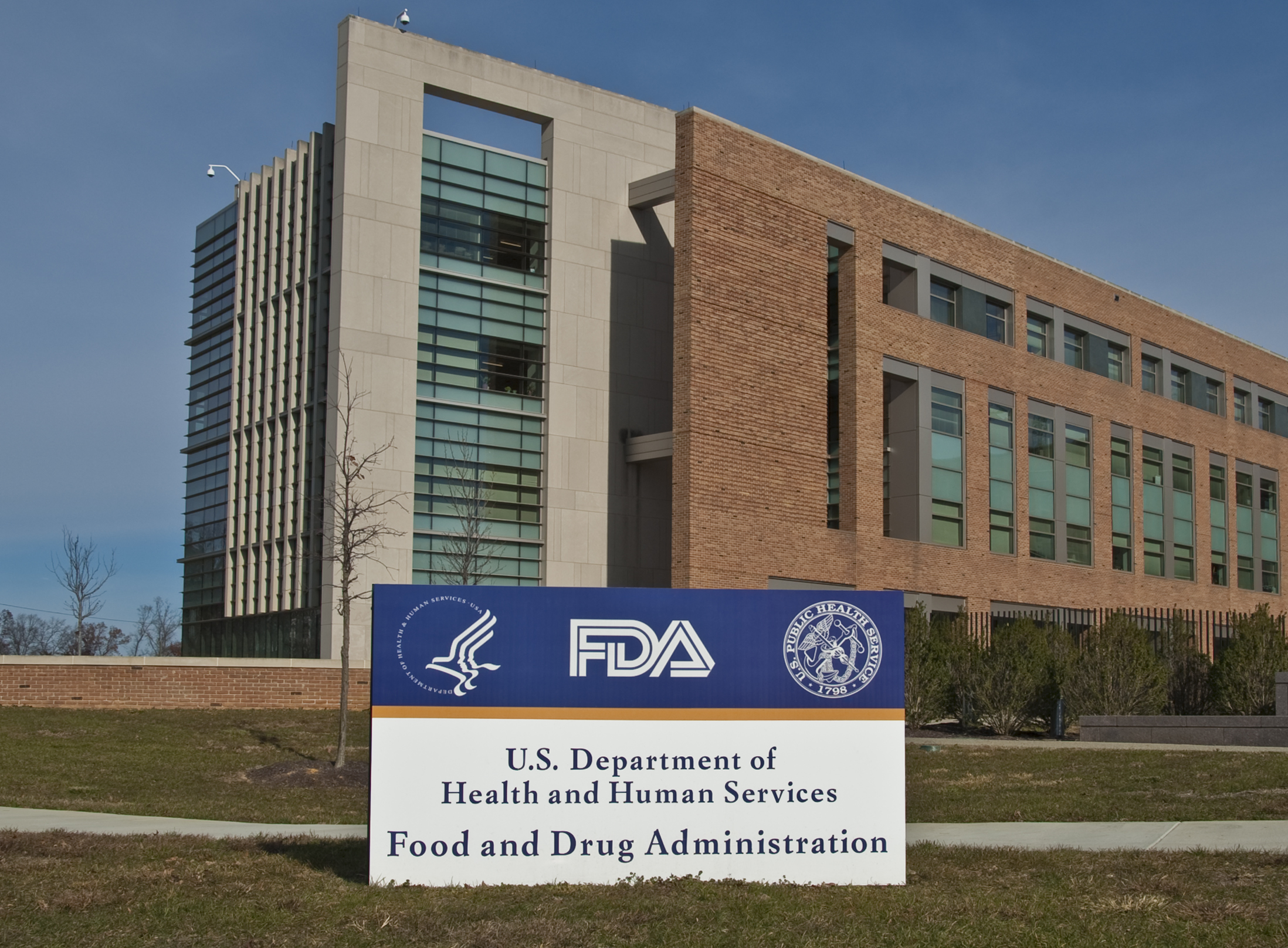Catalyst squares up to FDA over rival drug approval

Catalyst Pharma is suing the FDA over its approval of a potential rival to its rare disease therapy Firdapse, calling it “arbitrary, capricious, and contrary to law.”
The move to defend its Firdapse (amifampridine) for adults with Lambert-Eaton myasthenic syndrome (LEMS) comes after Jacobus Pharmaceutical got an FDA okay for its Ruzurgi product for LEMS in children – based on the same active ingredient in a different salt form – and decided to launch it at a big discount.
The complaint filed in the US District Court for the Southern District of Florida claims that the approval of Ruzurgi violated Catalyst’s rights under the orphan drug and new drug exclusivity provisions that should have given it several years of marketing exclusivity.
LEMS is a condition in which the immune system impairs signalling between nerve and muscle cells, leading to muscle weakness, and is estimated to affect around 3,000 people in the US. Around 95% of those are adults, and the FDA sidestepped the orphan drug protection for Firdapse by approving the drug for children only.
The lawsuit is a typically combative move by Catalyst which caused a furore earlier this year after raising the price of Firdapse to an eye-watering $375,000 per year as soon as it secured FDA approval. Prior to that, Jacobus had been supplying the drug at no charge to LEMS patients on a compassionate-use basis, so the rivalry between the companies goes way back.
Catalyst’s decision to hike the price sparked a furious exchange with US lawmaker Bernie Sanders, who accused the company of “blatant fleecing of American taxpayers [and] and an immoral exploitation of patients who need this medication” and called for the FDA to allow generic rivals to be marketed.
In response, Catalysts claims that the price is warranted as recompense for the expense of getting FDA approval, noting that only around 200 patients had been receiving Jacobus’ formulation when it was available for free.
The approval of Ruzurgi could impact the market for Catalyst’s drug as Jacobus’ drug could be used off-label in adults as it is so much cheaper, while newly-diagnosed paediatric patients who start on one drug will be unlikely swap to another years later.
After Ruzurgi was approved, Sanders hailed the FDA’s decision as “a victory for patients with LEMS and American taxpayers, and a blow to the greed of big pharma.”
That fear caused shares in Catalyst to plunge 40% after Jacobus’ drug was approved last month, and haven’t recovered since.
“We believe the FDA has misapplied its regulations, contradicting decades of precedent, and has undercut Catalyst’s orphan drug exclusivity,” said Catalyst CEO Patrick McEnany.
“We are compelled to bring this action, to preserve the specialised regulatory framework provided by the Orphan Drug legislation, and the prospect of future rare disease drug development for all rare disease patients in need of an approved treatment.”












